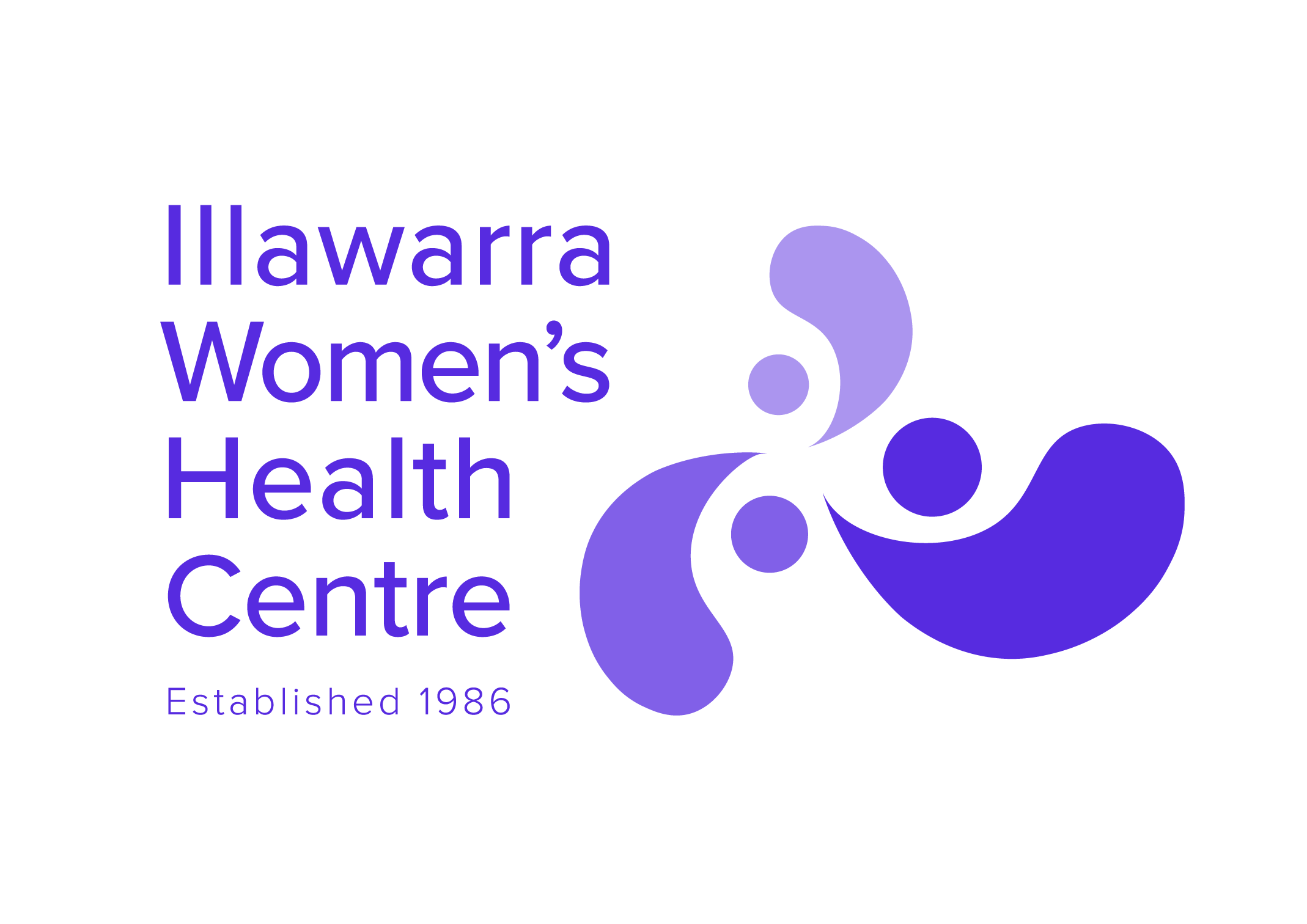Recent national research has highlighted concerning rates of sexual and intimate partner violence among female international students in Australia, prompting calls for stronger support structures in higher education settings – including in Wollongong.
A national study of 1,491 women international students found that more than 40 per cent had experienced some form of sexual violence since arriving in Australia.
The study, Experiences of Sexual and Intimate Partner Violence Among Women International Students in Australia, was led by Dr Laura Tarzia and published in the journal Violence Against Women.
While not a representative sample, the findings reflect concerning trends consistent with broader national data on gender-based violence.
It found that one in five of the participants reported forced or coerced sex, while nearly half of those who had been in relationships reported experiencing intimate partner violence in the past year.
Students dealing with financial stress, housing insecurity, or limited social support were more vulnerable.
The research builds on the 2021 National Student Safety Survey (NSSS), which found higher-than-average rates of sexual harassment and assault at the University of Wollongong (UOW), with 18.5 per cent of students reporting sexual harassment and 6 per cent reporting sexual assault since starting university.
UOW’s 2024 Safe and Respectful Communities Annual Report confirmed that the 2021 NSSS found many students, particularly those from diverse backgrounds, were unaware of university reporting processes or available supports.
The Report highlighted accommodation settings, such as student residences, as key areas requiring increased training and awareness.
In response, UOW has developed an action plan informed by consultations with students and staff.
The plan outlines short-, medium-, and long-term goals, including trauma-informed staff training, bystander intervention programs, and targeted outreach for students from diverse backgrounds.
As part of the plan, UOW also mandates completion of the Consent Matters module for all students.
At the national level, recent developments include the federal government’s Action Plan Addressing Gender-Based Violence in Higher Education and the creation of the National Student Ombudsman, both designed to improve student safety and provide clearer avenues for support and complaints.
From January 1, 2026, UOW will also be required to comply with the National Higher Education Code to Prevent and Respond to Gender-based Violence. The code aims to establish national standards for universities to respond to gender-based violence.
As reforms are implemented, continued partnership with community-based organisations remains key to ensuring lasting cultural change.
Sally Stevenson, Executive Director of the Illawarra Women’s Health Centre, welcomed these initiatives but emphasised the need to ensure international students are part of the conversation.
“Policies and services must reflect the lived experiences of the students they’re meant to support,” she said. “We need to make sure support is accessible, culturally safe, and clearly communicated.”
She also highlighted the role of the Centre’s Northern Site, located at UOW’s Innovation Campus.
The Centre is available to all women, including students at UOW. Access to care does not require a Medicare card, and visa status is not a barrier.
“Working in partnership with universities is key to reaching those who might otherwise fall through the cracks. Many international students, in particular, face multiple barriers to seeking help, whether it’s fear of visa complications, cultural stigma, or simply not knowing where to turn.
“By working together, we can ensure that support is not only available, but visible, accessible, and culturally safe. Our goal is to make sure that no student feels alone or unsupported when it matters most.”
You can contact the Illawarra Women’s Health Centre’s Northern Site on 4255 6800.

